10 of the most controversial books of all time

These books gained more notoriety for people urging you not to read them
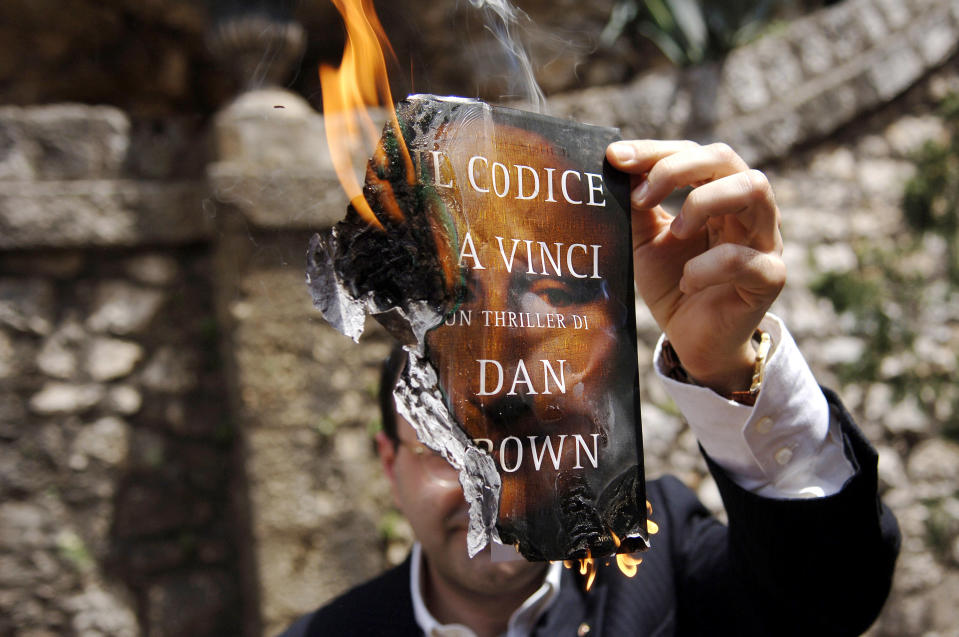
Throughout history, the world has opened the pages of many controversial books. Brow-raising tales that have triggered outcries, book-burning sessions, and demands that the literature be taken from store shelves, libraries—wherever—and locked away for good.
Some of the arguments have merit, of course. While others are engulfed by a specific group’s or person’s opinions and beliefs.
Whatever the reason, typically one—if not all—of these 10 books eventuality enter the debate.
Henry Miller's "Tropic of Cancer"
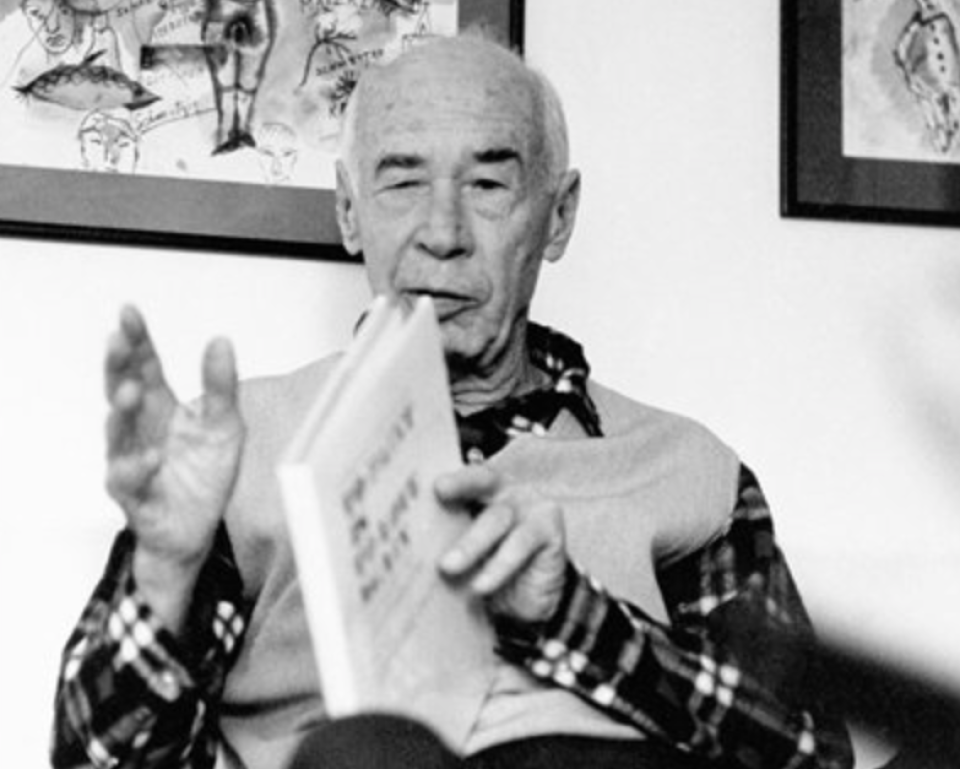
The reach of Miller’s “Tropic of Cancer” spanned the Atlantic Ocean, first drumming up controversy in France, where the book was published in 1934. U.S. Customs banned the book from landing in America, leaving tempted readers to find smuggled-in versions or bootleg copies—both led to jail time for several of the offenders. The book finally made it to print in America in 1961, and little opinion about the graphic content and misogynistic tones had changed: over 60 obscenity lawsuits in over 21 states.
George Orwell's "1984"
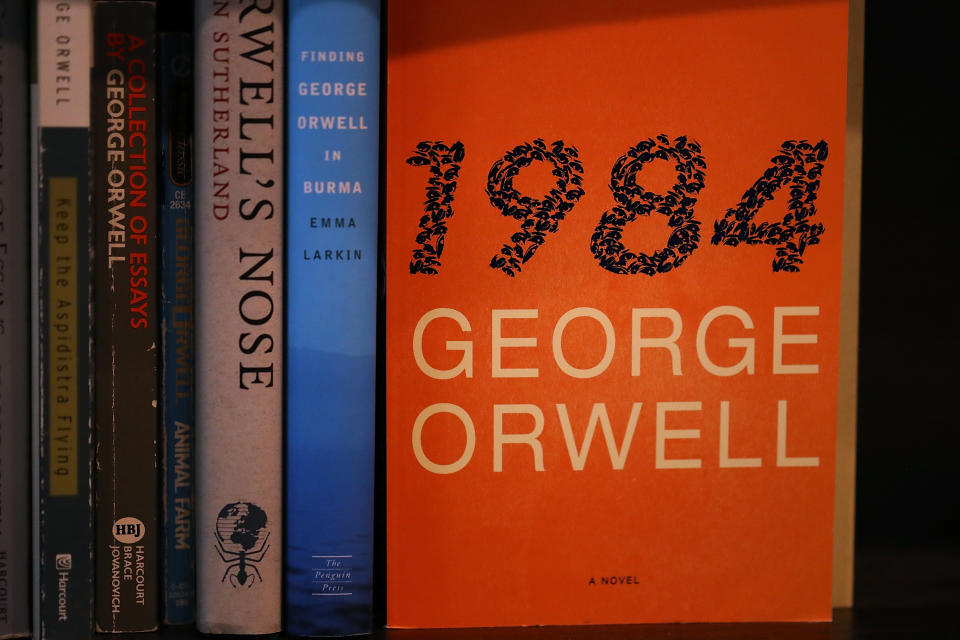
While certainly controversial at the time of publication—a few years after World War II—Orwell’s “1984” themes are strikingly on point for modern society. Big Brother, the omnipresent government watching over everyone, has even been spun into the show …”Big Brother.” But the topics of repression, mass surveillance and authoritarianism were originally met with calls to ban the book. And that carried on into later years as well, which included a pro-communism label in the early 1980s.
William Styron's "Sophie’s Choice"
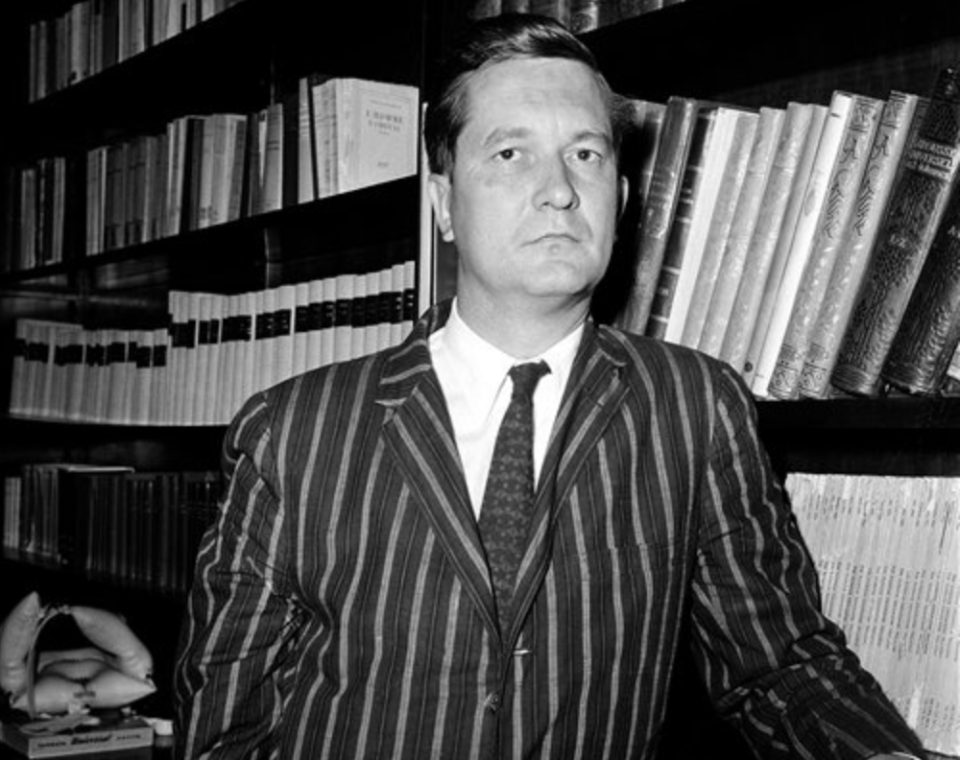
Styron’s “Sophie’s Choice” has been a highly acclaimed novel, even taking the U.S. National Book Award for Fiction back in 1980. But the author’s views on the Holocaust—one that saw the concentration camps, namely Auschwitz, as “a murderous thrust against ‘the entire human family,'” not just Jewish people—opened the work to controversy. Sophie, a Polish Catholic who survived the infamous camp, encapsulated Styron’s thoughts, which led to the book being banned in several countries that didn’t agree with such a unique stance.
Dan Brown's "The Da Vinci Code"
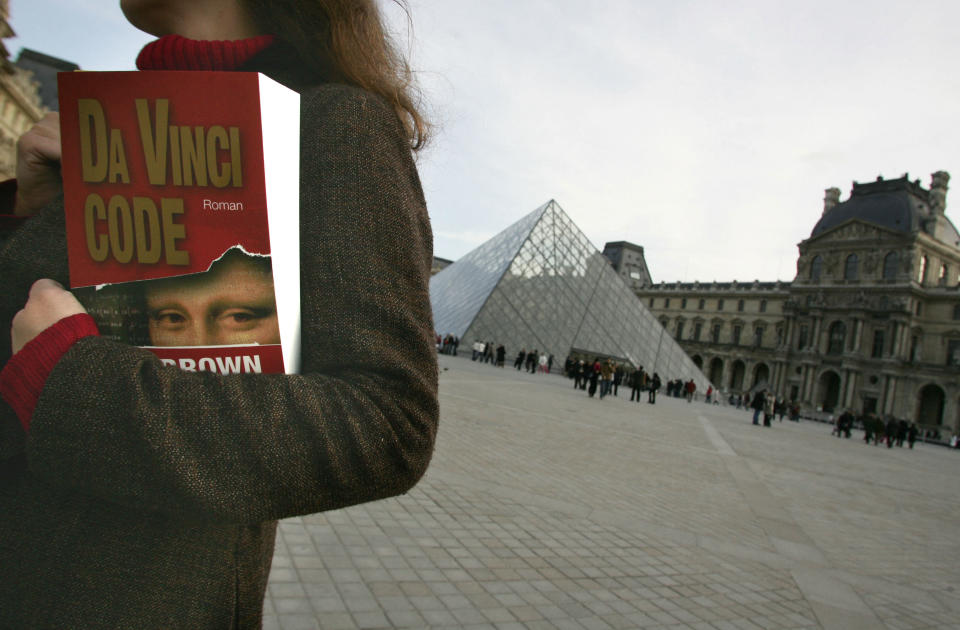
While Dan Brown’s innovative twist on Christianity’s history has been a massive hit—which puts it mildly—there’s no big surprise that such material would cause a humongous amount of backlash, especially among Roman Catholics.
D.H. Lawrence's "Lady Chatterley’s Lover"
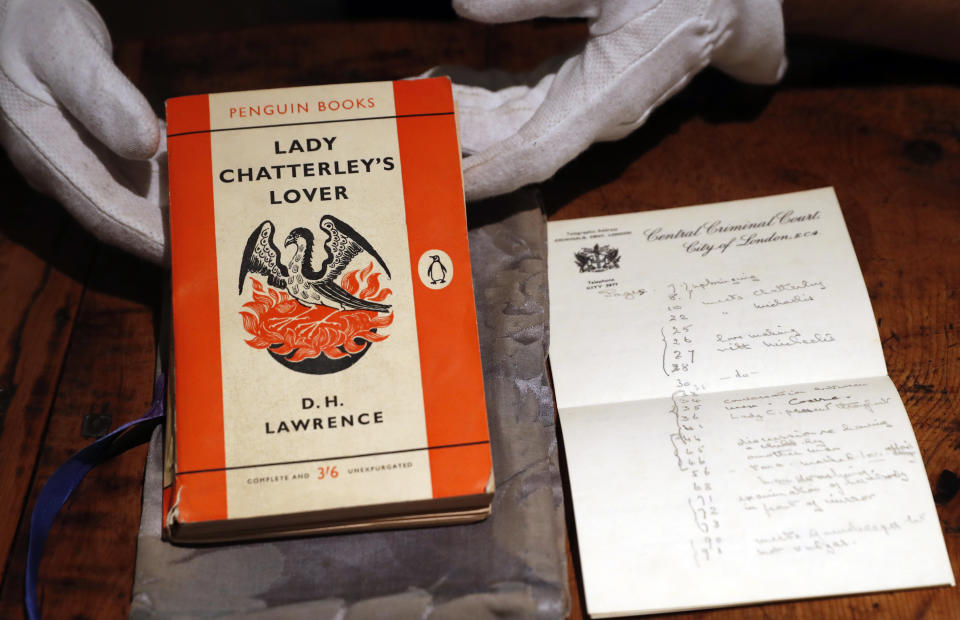
D.H. Lawrence’s novel about Lady Chatterley’s physical and emotional escapades with a working-class man caused all sorts of uproar. The book was originally published in 1928 (Italy), but an uncensored version wasn’t released until 1960—where it became part of an obscenity trial that involved Penguin Books. Since then, “Lady Chatterley’s Lover” has faced calls for banning it in the U.S., Japan, India, Canada, and Australia.
James Joyce's "Ulysses"
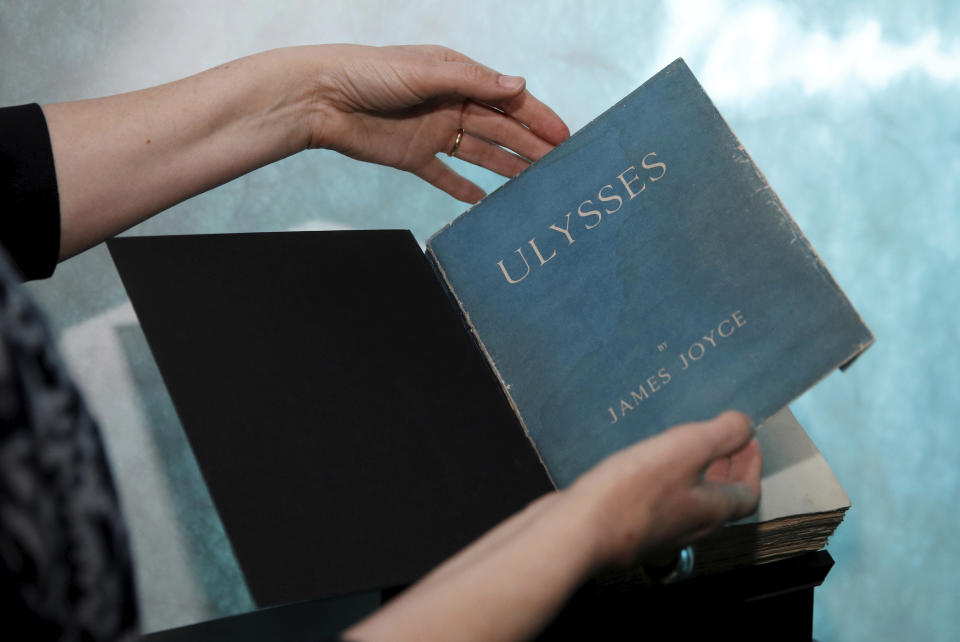
The Comstock Act of 1873 met a new foe in the 1910s when the serialized version of “Ulysses” was circulating in the U.S. Metaphorical depictions aside, The Review was hit with legal action for publishing the “obscene” material, and Joyce’s work was pulled. The full novel would be published in 1922 and face similar fates, both in the U.S. and overseas—although a ruling in 1934 didi allow the U.S. to be the first English-speaking country to make the book available to the public.
Vladimir Nabokov's "Lolita"
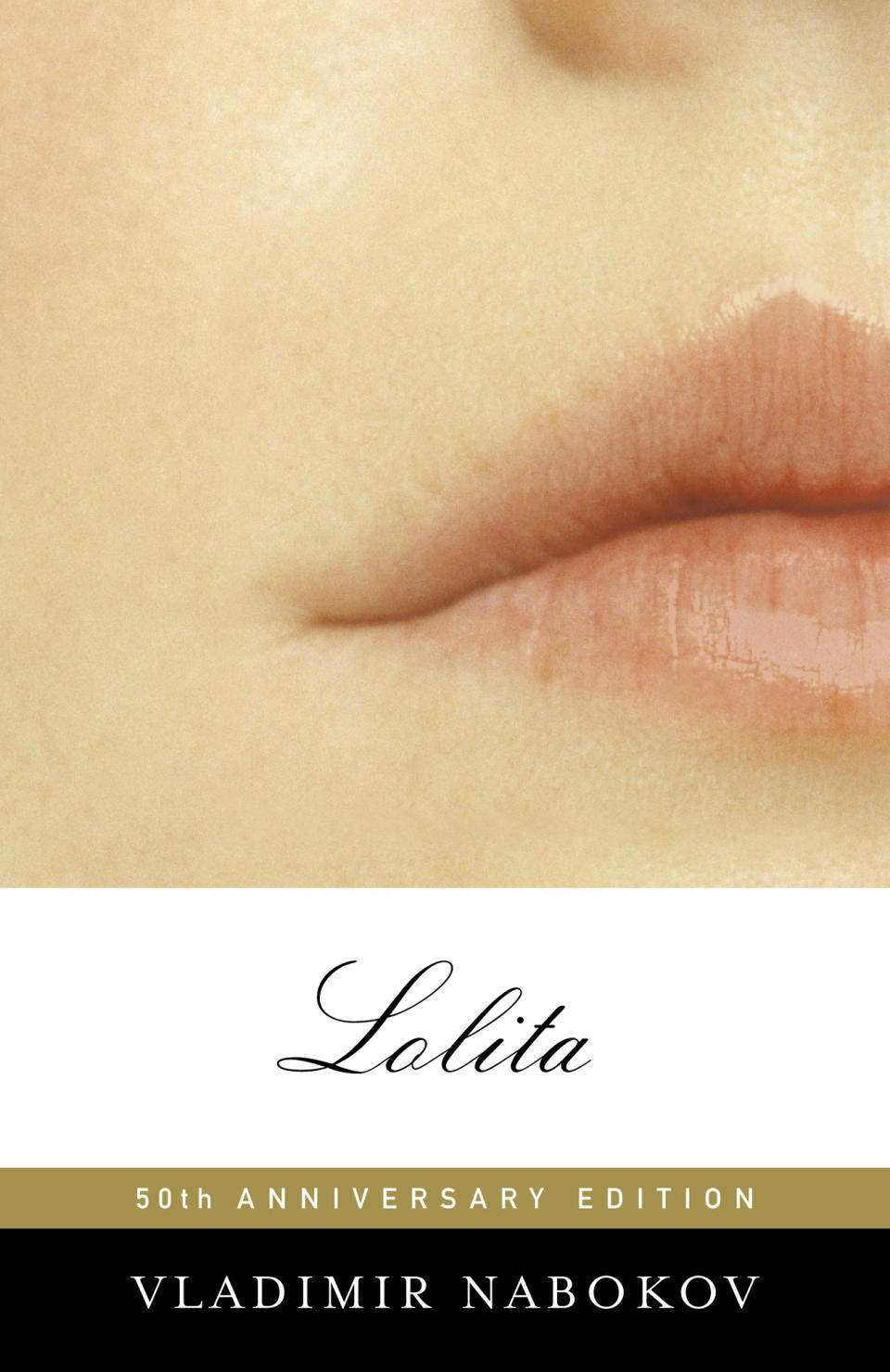
Professor Herbert Humbert’s obsession with 12-year-old Dolores Haze created one of the most controversial books of all time. Even today, Nabokov’s novel holds up as a stunning work that can leave readers—or movie watchers—wide-eyed.
Salman Rushdie's "The Satanic Verses"
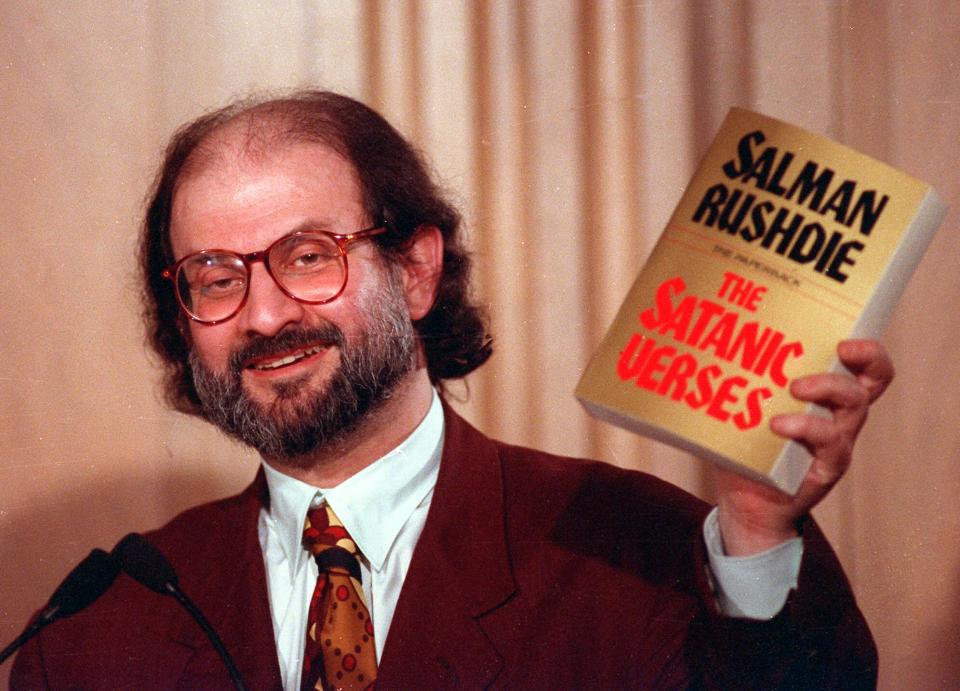
How much roaring-red anger did “The Satanic Verses” cause after being published in 1988? Iran’s Ayatollah Khomeini ordered a fatwa on Rushdie. Enough said.
J.D. Salinger's "The Catcher in the Rye"
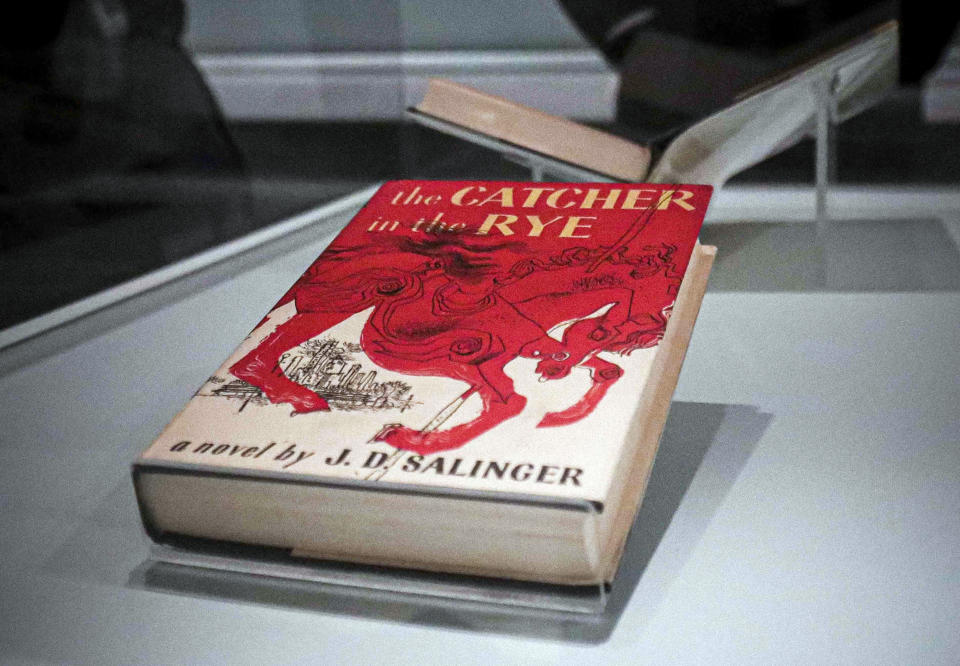
One of the top culprits among “bad” books, Salinger’s “The Catcher in the Rye” created an opinion storm in the early 1960s and has continued its torment on the book-reading world well into the new Millenium. (In 2009, it reappeared in the list of most challenged books.) Salinger’s look at juvenile angst and discovery through the lead character’s eyes, Holden Caulfield, came with a barrage of subject matter that many adults didn’t see fit for a younger audience. Even though the work has been lauded as one of the greatest in English-language history, it will forever carry the stigma as one of the most controversial as well.
Anonymous's "Go Ask Alice"
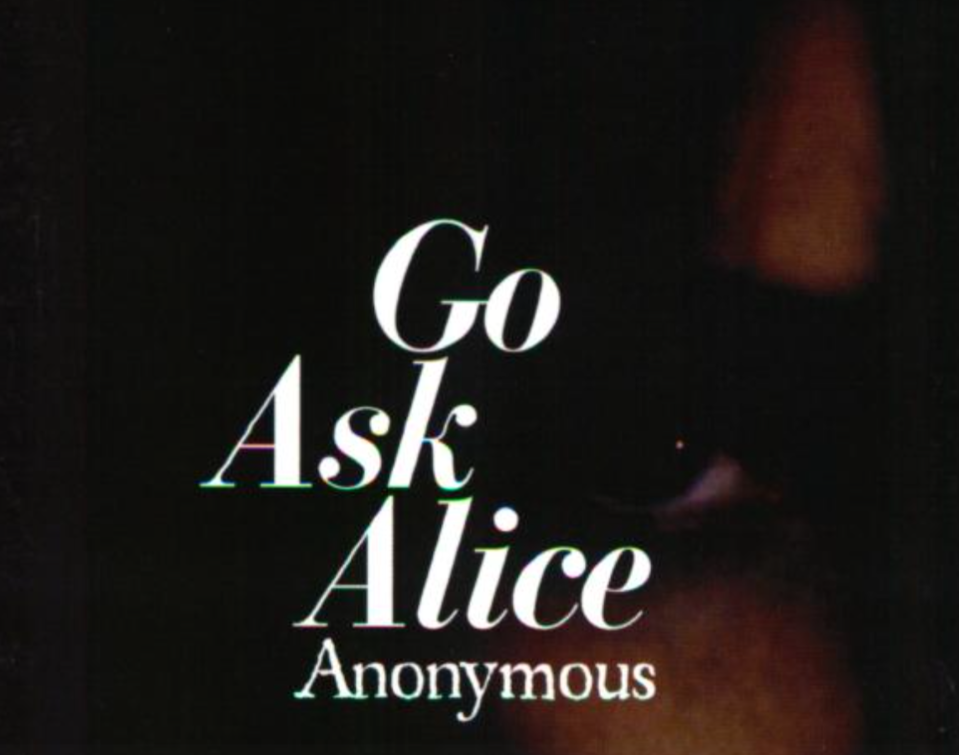
Few books have endured a steady pelting of controversial chides like “Go Ask Alice.” The book’s original publication in the 1970s suggested it was “Real Diary” that followed a runaway teenage girl’s struggles with addiction. That in itself caused a stir of naysaying, with the book’s graphic details at the forefront. Libraries hid the book from students, while others simply removed it. (A 1982 study found that the “Anonymous” work was the most frequently censored book in high school libraries.)
And then came news about the actual author, which erupted in a brand-new wave of chatter that carries on today: Some still believe that the book was written by a teenage girl and not Beatrice Sparks, regardless of the evidence proving otherwise.

